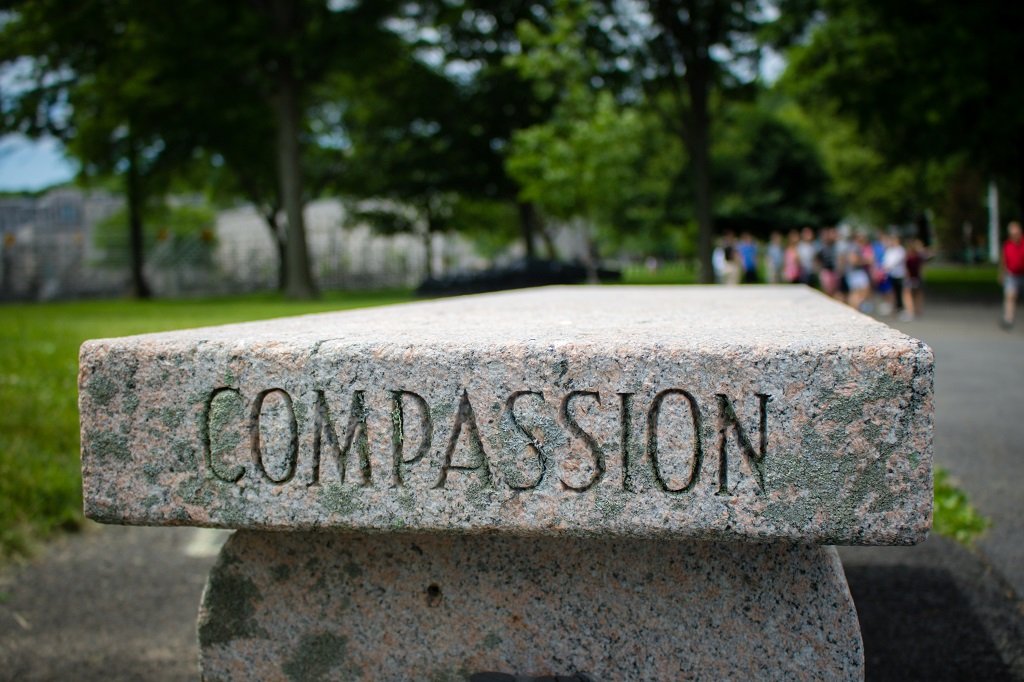How to challenge your inner critic with self-compassion
Photo by Dave Lowe on Unsplash
We’d never speak to someone else the way our inner critic does when we make a mistake or fall short of reaching a goal.
Yet, it’s common to jump to negative self talk when we feel we’re falling short. Our internal voice can be brutal and call us names like “stupid” and “loser” or worse.
By practicing the art of self compassion, you will bring about an authentic change in your internal voice. You will become your own best advocate instead of your worst critic.
The origin of the inner critic
What you think of as your inner voice is actually your parents’ or caregivers' voices that you’ve internalized. Even if they never called you names, you picked up on how they felt about you and that had a negative impact on your self-image.
If you had loving, encouraging parents, your inner voice would reflect a positive attitude toward yourself. That natural self-compassion others enjoy without effort, we need to teach ourselves and consciously practice.
With some effort, patterns can change and you'll begin to speak to yourself in an encouraging voice. You'll say “you can do it” and cheer yourself on to the finish line, instead of giving up too easily.
First, you need to acknowledge that the pain you feel in pushing through challenges is different from the normal pain we read about in self-help articles. You are neither lazy nor do you lack willpower.
In fact, you've had the strength to survive things others couldn’t imagine. That’s why you feel so exhausted all the time.
You mind and body have been consumed with looking out for and protecting yourself from threats. Even after those threats are no longer around.
Softening your internal voice
Unlike our counterparts who grew up in healthy homes, challenges for us have not been enjoyable opportunities to learn and grow, but terrifying opportunities to fail and feel stupid.
Because our parents never taught us that we’re loved for who we are and not what we do, we believe our value comes in accomplishments. And If we don’t do things right the first time, we feel worthless.
Our brains protect us from such pain by giving every reason not to follow through on goals we’ve set for ourselves. If we don’t follow through, no one can say we failed. Of course, this is all subconscious.
But as we practice standing up to that internal voice that compels us to self-sabotage, gradually our inner critic will soften. We demonstrate that we can follow through on our plans and do so imperfectly.
Failure feels like a win because it gives us information on how to proceed differently next time. And it provides proof we had the courage to try.
Every so-called overnight success has many years and failures behind them. Perfectionism means we’re expecting from ourselves something that’s taken others years to achieve.
We’re not used to rewarding ourselves. But small rewards on the way to a goal provide incentive to stay the course. Self-compassion means being gentle with ourselves and celebrating incremental wins.
Showing yourself you have value with changes in the way you treat yourself will produce a shift in your internal voice. You won’t have to force it, or feel like you’re lying to yourself.


